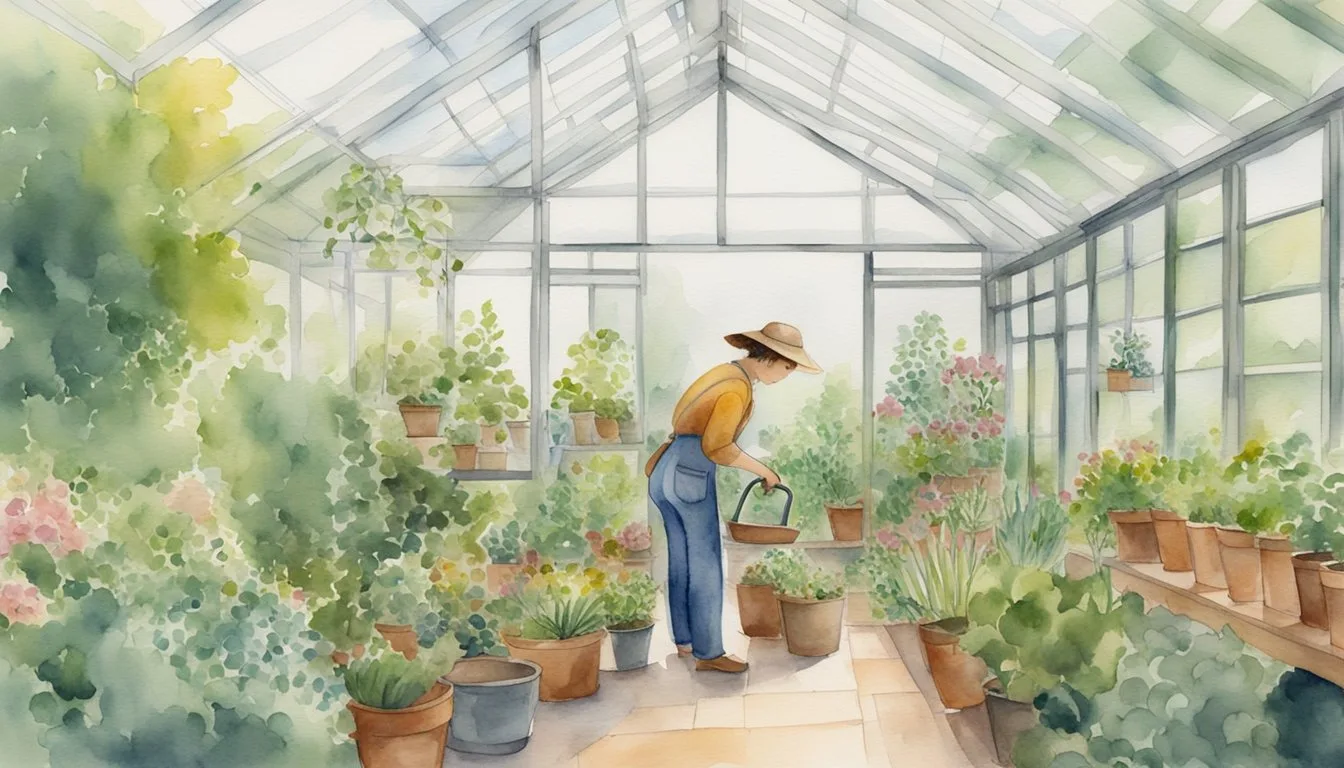Understanding Plant Biology and Ecology
Plants are the cornerstone of life on Earth, harnessing the sun’s energy through photosynthesis, exhibiting a wealth of genetic diversity, and forming complex ecosystems.
This section unveils the intricate processes of plant life and their pivotal role in our planet’s ecology.
Photosynthesis: The Foundation of Plant Life
Photosynthesis is the remarkable biochemical process by which plants convert light energy into chemical energy, using it to transform carbon dioxide and water into glucose and oxygen.
This fundamental process is not only the foundation of plant life but also supports virtually all life on earth by providing food and oxygen.
Plant Genetics and Breeding Techniques
Recent advances have illuminated the genetic blueprint of plants, with studies on genome sequences revealing insights into gene silencing and triplet-repeat expansions.
Breeding techniques leverage this knowledge, employing methods like polyploid assembly to enhance plant traits for agriculture and study.
Exploring Plant Diversity and Ecosystems
The investigation into plant diversity has shed light on the relationships and roles of plants within ecosystems.
Scientists track global tree diversity to understand forest functioning and plant species diversity.
Fossils provide a glimpse into past biodiversity, offering clues to the evolution and adaptation of flora over the ages.
Human Interaction with Plant Environment

Human activities and technological advancements profoundly affect the plant environment, impacting everything from climate to crop production.
This section examines how the interactions between humans and the plant ecosystem shape our world and future.
Impact of Climate Change on Plant Life
Climate change influences plant life across the globe, altering growth patterns and habitats.
Increased levels of carbon dioxide, along with rising temperatures and changing precipitation patterns, affect the phenology, distribution, and health of plants.
Studies, such as those documented by the New Phytologist Foundation, highlight that these changes can disrupt the delicate balance of ecosystems, impacting not only plants themselves but also the animals and pollinators that depend on them.
Agricultural Advancements in Crop Production
The last few decades have seen significant advancements in agricultural practices, particularly in crop production.
Genetic breeding efforts to improve cereal crops have led to varietals with greater drought resistance and enhanced nutritional profiles.
Innovations like CRISPR technology are further revolutionizing crop production by enabling precise genome editing for improved crop traits.
Conservation and Sustainable Practices in Gardening
Conservation efforts in gardening are critical for promoting biodiversity and ecological balance.
Sustainable practices such as companion planting, use of native plants, and organic pest control help maintain healthy garden and landscape ecosystems.
These practices not only conserve soil and water but also support beneficial microbes and encourage the presence of a diverse array of insects and flowers, contributing to the overall health of the environment.

